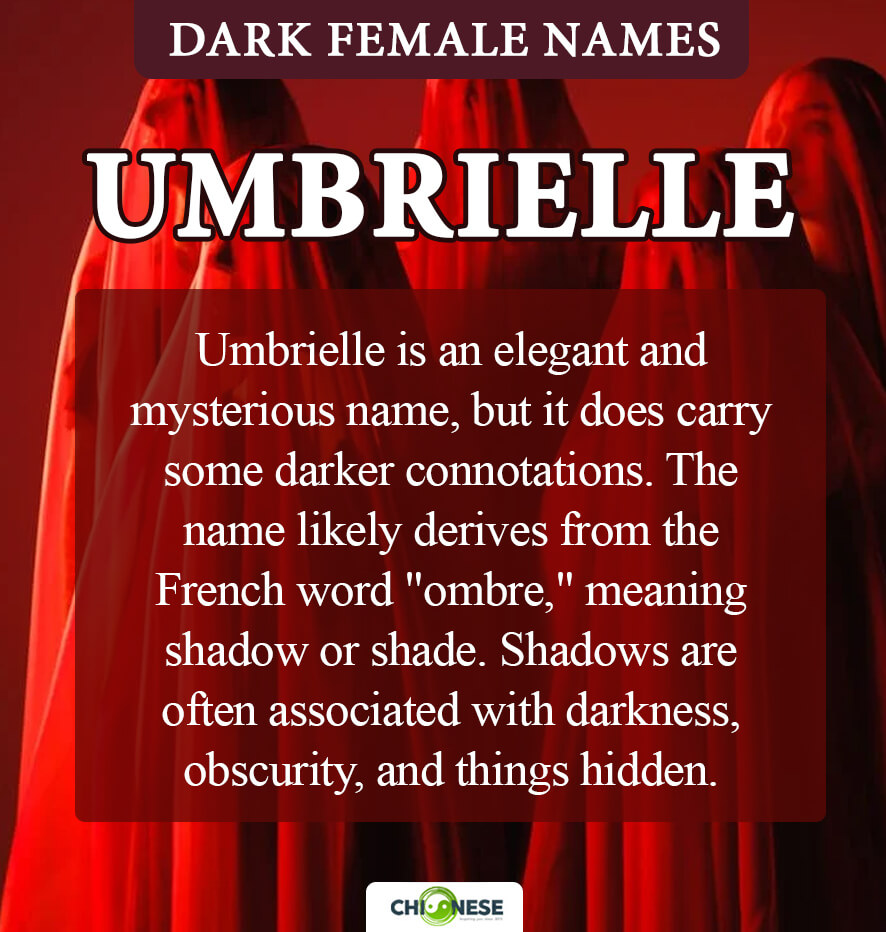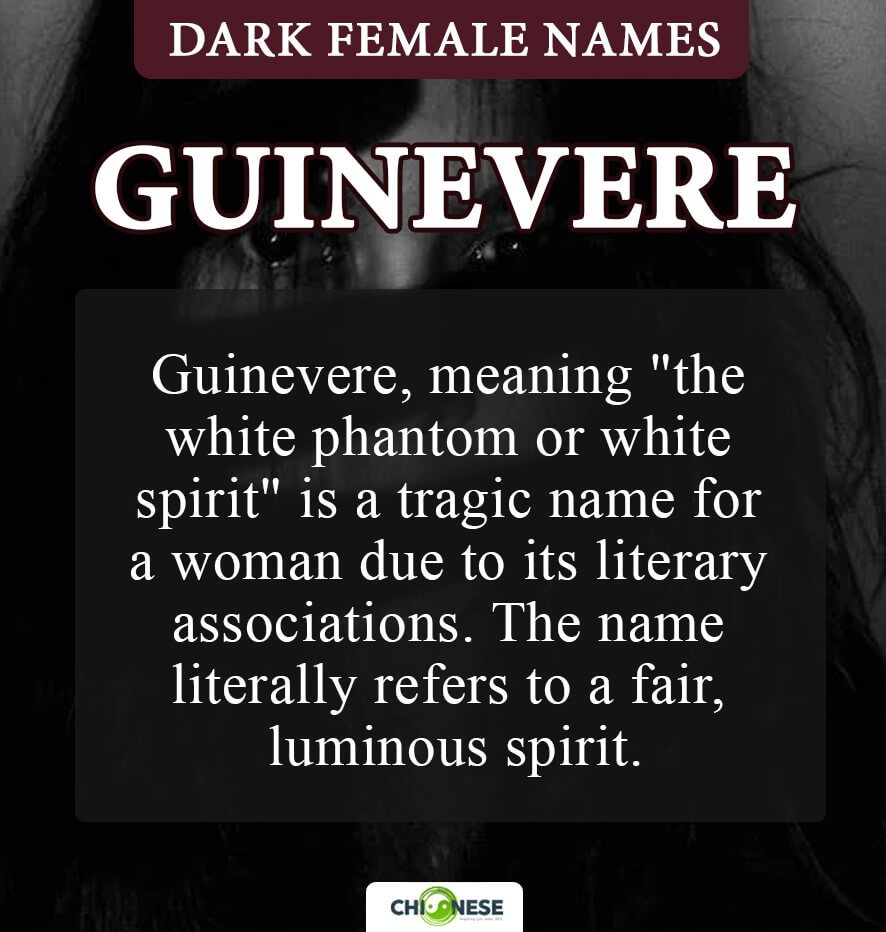Have you ever thought about how some girl names just sound so sad? You know the ones I’m talking about – think Ophelia, Desdemona, even poor Guinevere. Those names just scream melodrama.
In this article, we’ll look at popular tragic girl names and find out where they originated and what they really mean. You may be surprised to learn these names weren’t always seen as sad – some were once considered beautiful and romantic. But over time, their associations with famous fictional women and their heartbreaking tales changed how we see them.
Perdita
The name Perdita comes from Shakespeare’s play “The Winter’s Tale”, in which Perdita is the daughter of Queen Hermione. Tragically, Perdita is abandoned as a baby due to her father King Leontes’ jealousy and distrust.
Perdita, meaning “lost woman” in Latin, is a poignant name reflecting her sad backstory. As an infant, Perdita’s life is at risk due to her father’s wrath. Luckily, she is saved and raised by a kind shepherd, eventually growing up to fall in love with Prince Florizel.
Though Perdita endures a tumultuous start in life, her name is a reminder of resilience in the face of adversity. Despite facing loss and uncertainty, Perdita emerges from her plight unhardened and maintains a kind and compassionate spirit.
If you’re considering the name Perdita for your daughter, know that while it evokes a sense of something precious lost and then found again, it also symbolizes courage, hope, and redemption against difficult odds. A perfect name for a little girl destined to overcome.
Deire
The name Deire derives from Greek mythology. Deire was a Naiad, one of the nymphs who inhabited lakes, rivers and springs. According to legend, Deire fell in love with the mortal shepherd Paris before he became the Prince of Troy. When Paris abandoned Deire for the goddess Aphrodite, Deire died of a broken heart.
Tragic, right? The name Deire represents deep sorrow, unrequited love and heartbreak. If you name your daughter Deire, she may be destined for a life filled with longing and melancholy. Of course, names are complex and a person’s destiny depends on many factors — but why take the chance?
If you want to spare your daughter a lifetime of woe, you may want to pass on the tragic female names from mythology, literature, and history. A light, cheerful name could help set a more optimistic tone for her future instead.
Umbrielle

The name Umbrielle has Latin origins and means ‘shadow, shade or ghostly spirit’. This is quite a tragic and melancholy name, conjuring up images of a pale, ethereal young woman lurking in the shadows.
According to legend, Umbrielle was a fairy who fell in love with a mortal man. When the man grew old and died, Umbrielle was heartbroken. She cried tears of blood, and her broken heart turned as black as coal. The fairy queen banished Umbrielle from the fairy kingdom for loving a mortal. Umbrielle was condemned to wander the human world as a ghostly spirit, hiding in the shadows and darkness.
Any girl named Umbrielle would have to possess a strong, independent spirit to carry such a haunting name. She may be prone to moodiness, as her name suggests, and have an inclination towards more Gothic or supernatural interests. An Umbrielle would likely be pale, mysterious and keep to herself.
Boys may find the name Umbrielle alluring and be drawn to her shadowy beauty, much like the mortal man who captured the heart of the fairy Umbrielle. However, loving an Umbrielle could prove dangerous, as her namesake suggests heartbreak and anguish lie in store for any who dare love a ghostly spirit.
Jadis
Jadis is a dark name with French origins meaning “long ago” or “former.” In C.S. Lewis’s Chronicles of Narnia series, Jadis was the name of the evil White Witch who ruled Narnia for 100 years in a state of perpetual winter. She was a half-giantess and the last in the line of Charn’s rulers. Ruthless and power-hungry, Jadis conquered Narnia through deceit and treachery.
While a haunting and melodic name, Jadis carries grim connotations of tyranny, wickedness and destruction. Its reference to a bygone era evokes a sense of loss and regret. As a result, Jadis would be an inauspicious name for a baby girl and is better suited for a fictional character.
Aphra
The name Aphra means “dust” or “ashes.” In the 17th century, Aphra Behn was a pioneer English playwright who led a tragic life. Despite achieving success as a female playwright in a male-dominated field, Behn struggled financially. She was even briefly imprisoned for debt at one point. Behn’s life was cut short at the age of 48 from illness, possibly syphilis.
Given the meaning of the name and Behn’s difficult life, Aphra would not seem an auspicious name for a baby girl today. The name peaked in popularity in the 1880s but now ranks very low, possibly due to its tragic associations. While Aphra Behn helped pave the way for female writers and achieved a level of freedom rare for women at the time, her life was marked by hardship and loss.
The name Aphra continues to have a haunting quality to it. In modern works of fiction, characters named Aphra often seem to lead similarly troubled lives. They frequently struggle against societal constraints or meet untimely ends. The name evokes a sense of thwarted potential and unrealized dreams.
Unless you have a particular connection to Aphra Behn or her works, Aphra may be a name better avoided for a daughter. A name with a more uplifting meaning or association may bode better for a baby’s future.
Guinevere

Guinevere, meaning “the white phantom or white spirit” is a tragic name for a woman due to its literary associations. The name comes from the Arthurian legend of King Arthur and his queen, Guinevere. In the stories, Guinevere has an affair with Arthur’s most trusted knight, Sir Lancelot.
When their affair is discovered, it tears Arthur’s kingdom apart and leads to the downfall of Camelot. Guinevere’s betrayal of her husband and king is seen as her tragic flaw that helps bring about the end of the Golden Age. The name Guinevere thus carries connotations of adultery, deception, heartbreak and the loss of an idealistic era.
However, beyond its tragic literary associations, the name Guinevere itself has a beautiful meaning – it derives from the Welsh name Gwenhwyfar meaning “the white phantom” or “the white spirit.” Gwen means “white” or “blessed” while hw yfar means “phantom” or “spirit.” So, the name literally refers to a fair, luminous spirit.
Lystra
Lystra is a sad female name with Greek origins meaning “she who dissolves.” In Greek mythology, Lystra was a woman who was turned into a lark by the gods.
The sad story of Lystra serves as a warning for mortals not to compare themselves to the gods. Lystra was a priestess of Demeter, the goddess of the harvest. One day, Lystra was singing songs praising Demeter in a field when she suddenly started singing songs praising herself and her own beauty. She boasted that she was more beautiful than Demeter.
Upon hearing Lystra’s hubris and arrogance, Demeter became enraged. She transformed Lystra into a lark – a small brown bird that spends its days singing and fluttering about fields and meadows. Demeter condemned Lystra to forever sing songs praising the goddess and the harvest.
Those named Lystra may face a tendency towards overconfidence or self-absorption. However, with self-awareness and humility, the name Lystra can also represent beauty, song and an appreciation for nature – as embodied by the lark into which she was transformed. While her story is sorrowful, her name lives on, reminding us of her melody.
Other Tragic Girl Names:
- Ophelia – from Shakespeare’s Hamlet, who went mad with grief and drowned herself.
- Desdemona – Othello’s innocent wife who was unjustly accused of infidelity and murdered.
- Iseult – from the story of Tristan and Iseult, whose tragic love affair ended in death.
- Lavinia – in Roman mythology, she was brutally attacked after being wrongly accused of unfaithfulness.
- Juliet – the famous star-crossed lover who ultimately took her own life in Shakespeare’s Romeo and Juliet.
- Aurora – ‘dawn’ in Latin. The name symbolizes new beginnings and hope, but also tragedy as Aurora was the Roman goddess of the dawn who was deprived of her lover.
- Cassandra – In Greek mythology, Cassandra was cursed by Apollo to utter prophecies that were true but never believed. The name means ‘she who entangles men’.
- Dido – The name of the tragic queen of Carthage who fell in love with Aeneas in Virgil’s epic poem ‘The Aeneid’. She ultimately committed suicide after being abandoned by him.
- Helen – The name of the face that launched a thousand ships in the Trojan War. Helen’s abduction by Paris led to the bloody conflict and her story is one of tragedy and heartbreak.
- Isolde – The name of the Irish princess whose tragic love affair with Tristan ended in death in the medieval story ‘Tristan and Isolde’.
- Juliet – The name of the young tragic heroine of Shakespeare’s ‘Romeo and Juliet’ whose love ended in the ultimate tragedy of death.
- Ophelia – Hamlet’s doomed love interest in Shakespeare’s tragedy of the same name. Ophelia’s story ends with her drowning in a river, driven mad by heartbreak.
- Roxana – The name of Alexander the Great’s Persian wife who was murdered after his death, ending her life in tragedy.
- Virginia – The name of the Roman virgin who was killed by her own father to prevent her from being raped, a tragic story from Roman history.
- Xanthe – A Greek name meaning ‘yellow hair’. The name is associated with the tragic Trojan princess Polyxena who was sacrificed at Achilles’ tomb in Greek mythology.








